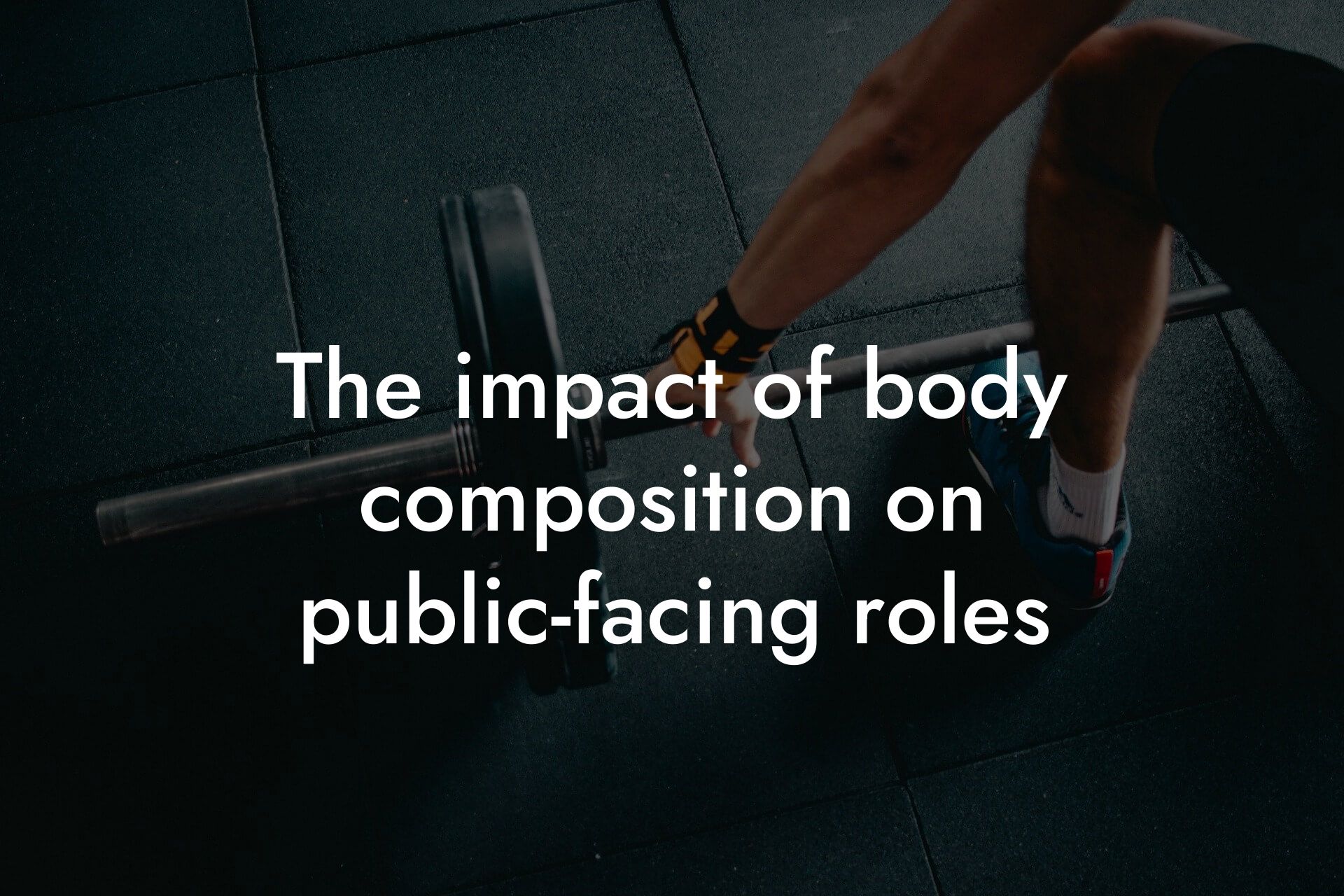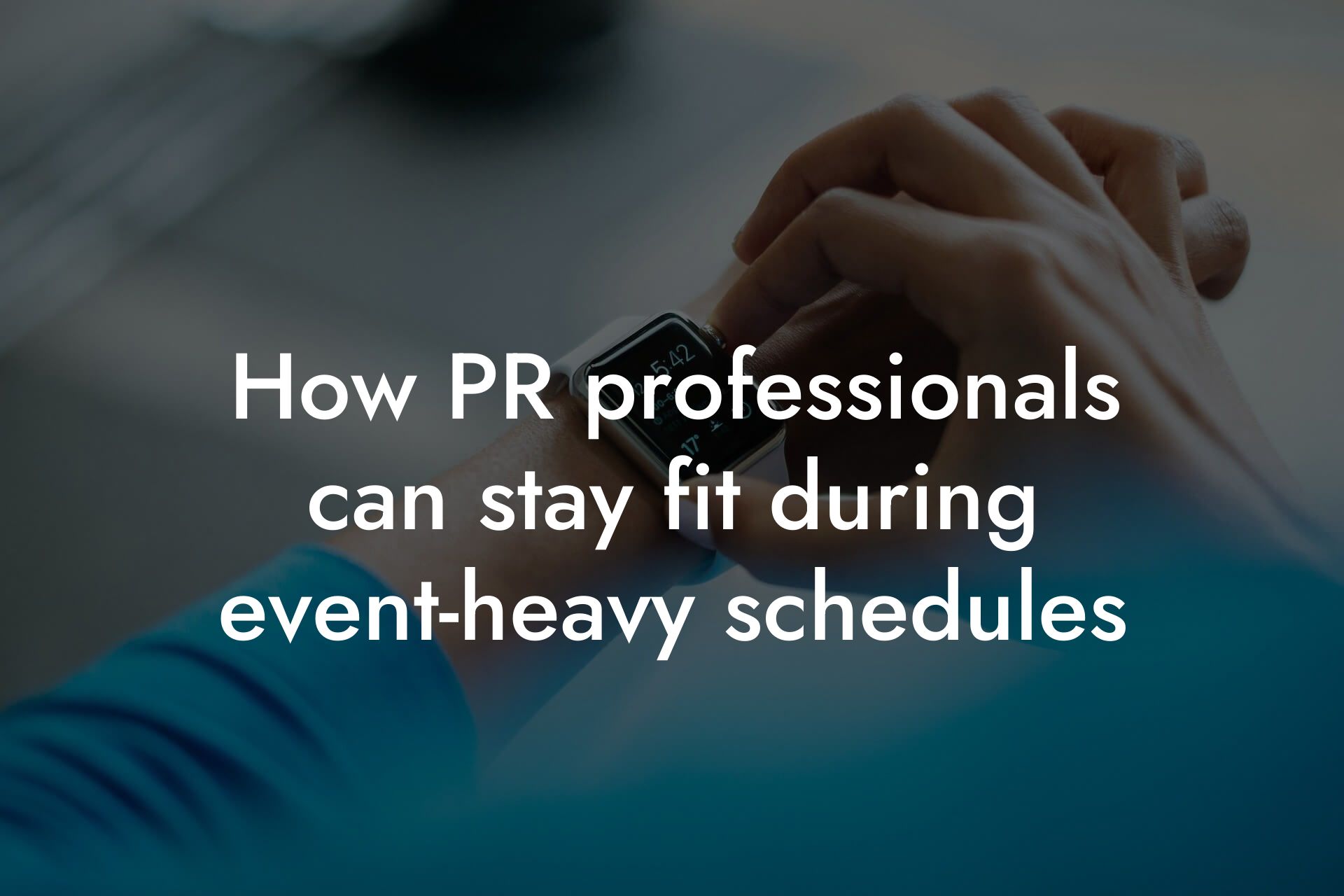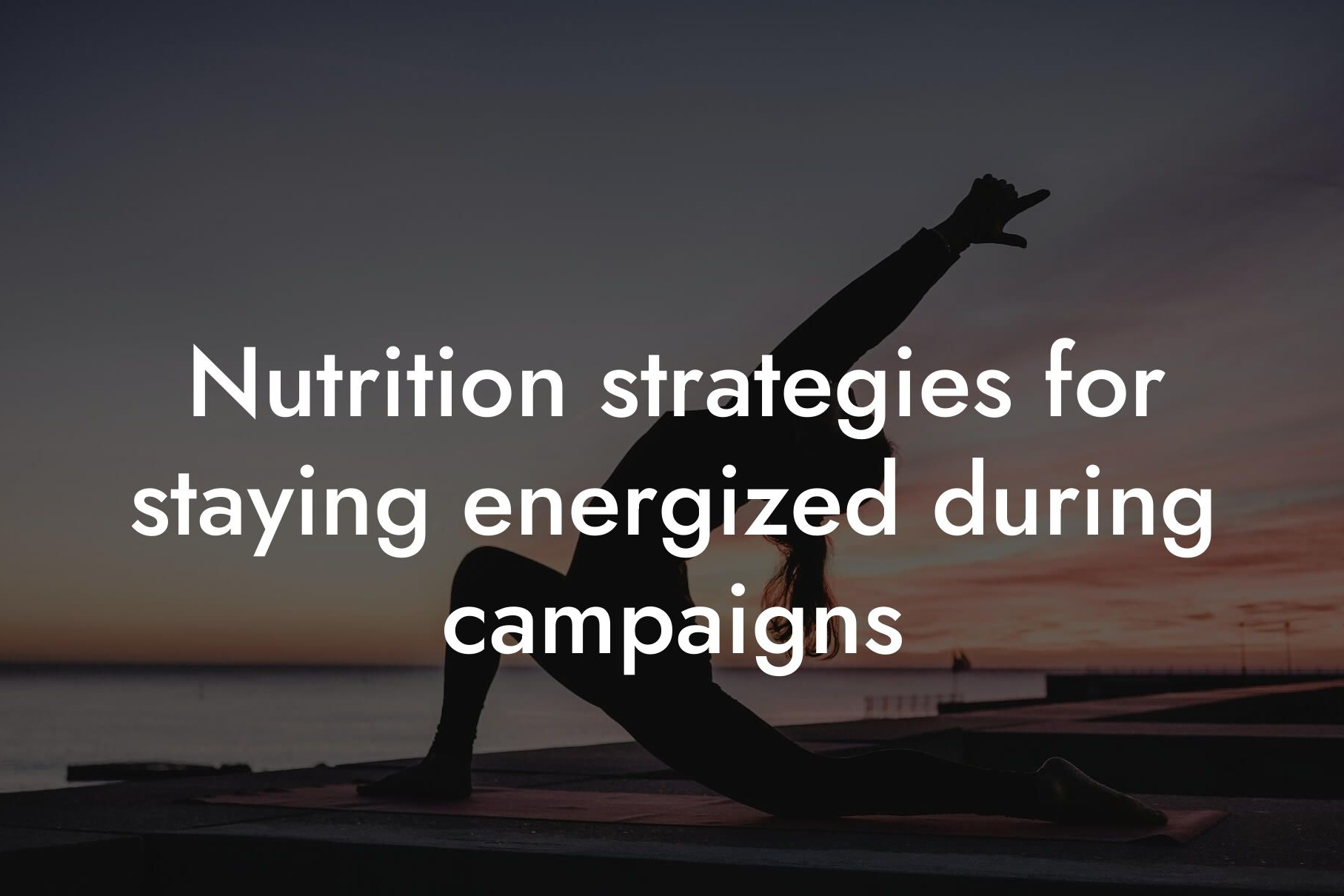As a high-earning professional in the PR industry, you understand the importance of maintaining a healthy work-life balance. However, with the demands of your job, it can be challenging to prioritize your physical and mental well-being. Chronic stress can lead to burnout, decreased productivity, and a decline in overall health. Fortunately, incorporating physical fitness into your lifestyle can be a powerful tool in managing stress and improving your overall performance in the workplace.
Table of Contents
The Impact of Stress on PR Professionals
PR professionals are no strangers to stress. The fast-paced and deadline-driven nature of the industry can lead to elevated levels of anxiety, fatigue, and burnout. Chronic stress can affect not only your mental health but also your physical health, leading to issues such as:
- Weakened immune systems
- Digestive problems
- Sleep disturbances
- Weight gain or loss
- Decreased cognitive function
The Benefits of Physical Fitness for Stress Management
Regular physical activity has been shown to have a profound impact on stress management. Exercise releases endorphins, also known as "feel-good" hormones, which can help alleviate symptoms of anxiety and depression. Physical fitness can also:
- Improve mood and overall sense of well-being
- Enhance cognitive function and focus
- Increase energy levels and reduce fatigue
- Support better sleep quality
- Boost self-confidence and self-esteem
Types of Exercise for Stress Relief
When it comes to managing stress through physical fitness, it's essential to find exercises that you enjoy and can commit to regularly. Some of the most effective types of exercise for stress relief include:
- Yoga: Combines physical movement with mindfulness and breathing techniques to reduce stress and anxiety
- Cardio: Activities such as running, cycling, or swimming can help reduce stress and anxiety by releasing endorphins
- Strength Training: Building muscle mass can improve mood and reduce symptoms of depression
- High-Intensity Interval Training (HIIT): Short bursts of intense exercise followed by brief periods of rest can be an effective way to reduce stress and improve overall fitness
Creating a Fitness Routine for Busy PR Professionals
As a busy PR professional, finding time for exercise can be challenging. However, it's essential to prioritize your physical and mental health. Here are some tips for creating a fitness routine that fits your busy schedule:
- Start small: Begin with short, manageable workouts and gradually increase duration and intensity
- Schedule it in: Treat exercise as a non-negotiable part of your daily routine, just like meetings and deadlines
- Find activities you enjoy: Engage in exercises that bring you joy and make you look forward to working out
- Make it convenient: Find gyms or studios near your office or home to minimize travel time
Measuring Progress and Tracking Results
At Tano Performance Group, we understand the importance of tracking progress and measuring results. Our state-of-the-art DEXA machine provides a comprehensive body assessment, giving you a detailed understanding of your body composition, bone density, and overall fitness level. With this information, you can:
- Set realistic goals and track progress
- Identify areas for improvement
- Make data-driven decisions about your fitness routine
- Celebrate your successes and stay motivated
Overcoming Barriers to Exercise
As a busy PR professional, you may face several barriers to exercise, including:
- Lack of time
- Fatigue
- Self-consciousness about your body
- Injury or chronic pain
It's essential to address these barriers head-on and find solutions that work for you. Consider working with a personal trainer or fitness coach who can help you overcome obstacles and develop a personalized fitness plan.
Managing stress through physical fitness is a powerful tool for PR professionals. By incorporating regular exercise into your lifestyle, you can improve your mental and physical health, increase productivity, and enhance your overall performance in the workplace. Remember to start small, find activities you enjoy, and track your progress. With the right mindset and support, you can achieve your fitness goals and take your career to the next level.
At Tano Performance Group, we're committed to helping high-earning professionals like you achieve their fitness goals and improve their overall well-being. Contact us today to learn more about our comprehensive body assessment and personalized fitness coaching services.
Frequently Asked Questions
What is the connection between physical fitness and stress management in PR roles?
Physical fitness plays a significant role in managing stress in PR roles. When you engage in regular physical activity, your body releases endorphins, which are natural mood-boosters that help reduce stress and anxiety. Additionally, exercise improves sleep quality, increases energy levels, and enhances cognitive function, all of which are essential for coping with the demands of a PR role.
How does stress affect PR professionals?
Stress can have a profound impact on PR professionals, leading to burnout, decreased productivity, and a higher risk of anxiety and depression. The high-pressure nature of PR work, combined with tight deadlines and constant scrutiny, can take a toll on mental and physical health.
What are some common stressors in PR roles?
Common stressors in PR roles include managing multiple projects simultaneously, dealing with crisis communications, meeting tight deadlines, and handling criticism from clients or the media. Additionally, the pressure to maintain a professional image and stay up-to-date with industry trends can also contribute to stress.
Can exercise really help reduce stress in PR professionals?
Absolutely! Exercise has been shown to reduce stress and anxiety in individuals, including PR professionals. Regular physical activity can help alleviate symptoms of stress, improve mood, and enhance overall well-being.
What types of exercise are most effective for stress management in PR roles?
A variety of exercises can be effective for stress management, including cardio activities like running, cycling, or swimming, as well as strength training, yoga, and Pilates. The key is to find an activity that you enjoy and can commit to regularly.
How often should I exercise to manage stress in my PR role?
Aim to exercise at least 3-4 times per week, with a minimum of 30 minutes per session. Consistency is key, so try to establish a routine that works for you and your schedule.
What are some exercises that can be done in a short amount of time?
If you're short on time, try incorporating high-intensity interval training (HIIT) into your routine. HIIT involves short bursts of intense exercise followed by brief periods of rest. This type of exercise can be done in as little as 10-15 minutes and can be highly effective for stress management.
How can I fit exercise into my busy PR schedule?
Try to schedule exercise into your daily routine, just as you would any other important task. Consider waking up earlier to fit in a morning workout, or use your lunch break to squeeze in a quick exercise session.
What are some tips for staying motivated to exercise in a high-stress PR role?
Find an exercise buddy or accountability partner to help keep you motivated. Set realistic goals and celebrate your achievements, no matter how small. Also, try to focus on how exercise makes you feel, rather than just the physical benefits.
How can physical fitness improve my overall performance in my PR role?
Physical fitness can improve your overall performance in your PR role by increasing energy levels, enhancing cognitive function, and reducing stress and anxiety. This can lead to improved productivity, better decision-making, and enhanced creativity.
What are some common myths about exercise and stress management in PR roles?
One common myth is that exercise has to be intense or time-consuming to be effective for stress management. Another myth is that exercise will leave you feeling exhausted and drained. In reality, exercise can be adapted to fit your schedule and energy levels, and can actually increase energy and reduce fatigue.
How can I measure the impact of exercise on my stress levels in my PR role?
Keep a journal or log to track your exercise habits and how you're feeling. You can also use wearable fitness trackers or mobile apps to monitor your progress and stay motivated.
What are some additional resources for PR professionals looking to manage stress through physical fitness?
Consider consulting with a fitness professional or health coach who specializes in working with high-stress professionals. You can also explore online resources, such as fitness apps, blogs, and social media communities, for support and motivation.
How can I prioritize self-care and physical fitness in a demanding PR role?
Remember that self-care and physical fitness are essential for your overall well-being and performance in your PR role. Prioritize your health and fitness by scheduling time for exercise and self-care, just as you would any other important task.
What are some common mistakes PR professionals make when it comes to exercise and stress management?
One common mistake is not making exercise a priority, or assuming that they don't have time for it. Another mistake is trying to do too much too soon, which can lead to burnout and injury.
How can physical fitness improve my resilience in a high-stress PR role?
Physical fitness can improve your resilience by increasing your ability to cope with stress and adversity. Regular exercise can help you develop a sense of control and confidence, which can be essential for navigating the challenges of a PR role.
What are some tips for staying hydrated and fueling my body for exercise and stress management in my PR role?
Make sure to drink plenty of water throughout the day, and fuel your body with a balanced diet that includes plenty of fruits, vegetables, whole grains, and lean protein sources. Avoid sugary and processed foods that can exacerbate stress and fatigue.
How can I balance my physical fitness goals with my professional goals in my PR role?
Remember that your physical fitness goals are closely tied to your professional goals. By prioritizing your health and fitness, you'll be better equipped to perform at your best in your PR role. Try to find ways to integrate your physical fitness goals into your daily routine, such as scheduling exercise sessions during your lunch break or using a fitness app to track your progress.
What are some common misconceptions about exercise and stress management in PR roles?
One common misconception is that exercise has to be intense or extreme to be effective for stress management. Another misconception is that exercise will take away from time that could be spent on work or other responsibilities.
How can I make physical fitness a sustainable part of my lifestyle in my PR role?
Make physical fitness a habit by incorporating it into your daily routine. Find activities that you enjoy and that fit your lifestyle, and try to schedule exercise sessions at the same time every day or week. Celebrate your successes and don't be too hard on yourself if you miss a session or two.
What are some tips for managing stress and anxiety in the midst of a PR crisis?
During a PR crisis, it's essential to prioritize your physical and mental health. Take breaks to stretch, move your body, and practice deep breathing exercises. Try to focus on the present moment and what you can control, rather than getting caught up in worst-case scenarios.
How can I use physical fitness to improve my mental health in my PR role?
Physical fitness can have a profound impact on mental health, reducing symptoms of anxiety and depression, and improving overall mood and well-being. Regular exercise can also increase self-esteem and confidence, which can be essential for navigating the challenges of a PR role.
Here are some related articles you might love...
- The impact of body composition on public-facing roles
- How PR professionals can stay fit during event-heavy schedules
- Nutrition strategies for staying energized during campaigns
- Balancing client demands with personal fitness in marketing
- The role of physical health in effective communication
- How DEXA scans can benefit PR and marketing professionals
- The importance of fitness in a highly social career
- Quick workouts for marketing professionals on the go
- How to maintain a fit appearance during public events
Zak Faulkner
Zak Faulkner is a leading authority in the realm of physical health and body composition analysis, with over 15 years of experience helping professionals optimise their fitness and well-being. As one the experts behind Tano Performance Group, Zak has dedicated his career to providing in-depth, science-backed insights that empower clients to elevate their physical performance and overall health.
With extensive knowledge of DEXA technology, Zak specializes in delivering comprehensive body assessments that offer precise data on body fat, muscle mass, bone density, and overall physique. His expertise enables individuals to make informed decisions and achieve their fitness goals with accuracy and confidence. Zak’s approach is rooted in a deep understanding of human physiology, combined with a passion for helping clients unlock their full potential through personalised strategies.
Over the years, Zak has earned a reputation for his commitment to excellence, precision, and client-focused service. His guidance is trusted by top professionals who demand the best when it comes to their health. Whether advising on fitness programs, nutritional strategies, or long-term wellness plans, Zak Faulkner’s insights are a valuable resource for anyone serious about taking their health and fitness to the next level.
At Tano Performance Group, Zak continues to lead our Content Team revolutionising how professionals approach their physical health, offering unparalleled expertise that drives real results.




